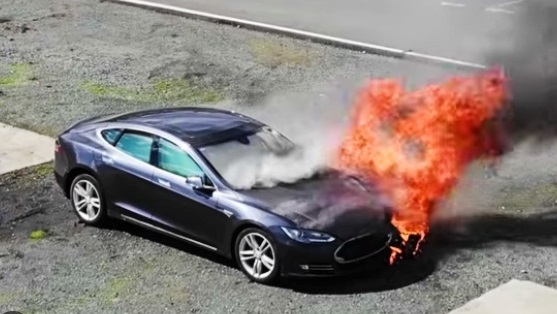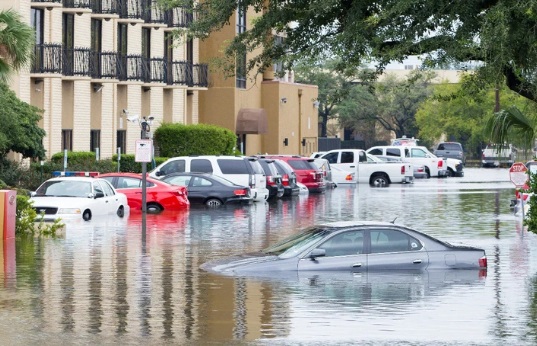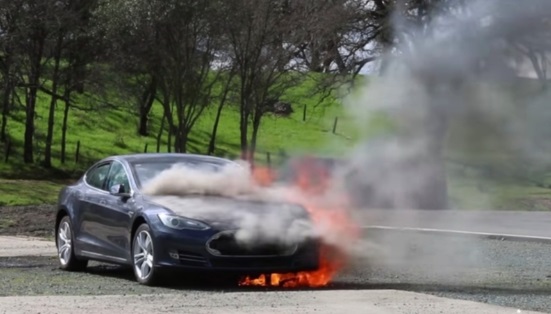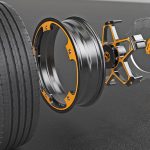A group of professors from the University of Central Florida (UCF)’s Nanoscience Technology Center in the United States have recently conducted research and developed a groundbreaking type of battery that can eliminate the risk of electric cars catching fire when submerged in water during floods.
Normally, electric car batteries can catch fire when they are soaked in saltwater for an extended period. This is because saltwater corrodes the batteries, leading to short circuits and igniting the flammable solvents and other components.
However, UCF’s batteries utilize new nanotechnology, which enhances charging time and stability compared to traditional batteries. They are specifically designed to withstand submersion in water without short-circuiting.
Moreover, these batteries have an incredibly fast charging rate, taking just approximately 3 minutes to fully charge. In contrast, it takes longer to charge traditional batteries.
Another key advantage of UCF’s battery is its superior energy storage capacity. By leveraging naturally occurring metal ions in saltwater, such as sodium, potassium, calcium, and magnesium, they are able to store more energy.
Instead of using traditional solvents, researchers have employed saltwater, which not only helps mitigate the risk of electric leakage causing fires but also minimizes harm to individuals.
Researchers are confident that even when used incorrectly or submerged in saltwater, their batteries remain safe and intact.
As the rainy season approaches, the likelihood of cars having to navigate through water increases. Although electric cars are not susceptible to hydrolock and engine failure like gasoline-powered vehicles, they are still susceptible to damage.
It’s worth noting that UCF is not the only institution exploring innovative battery technologies. Previously, a scientist and chemistry professor at Stanford University successfully developed a battery that generates electricity based on the difference in salinity between freshwater and seawater.
TH (Tuoitrethudo)
































![[CAR REVIEW] Rolls-Royce Spectre: A Symphony of Luxury](https://vnauto.net/wp-content/uploads/2023/10/xehay-rrspectre-30082023-1-150x150.jpg)













